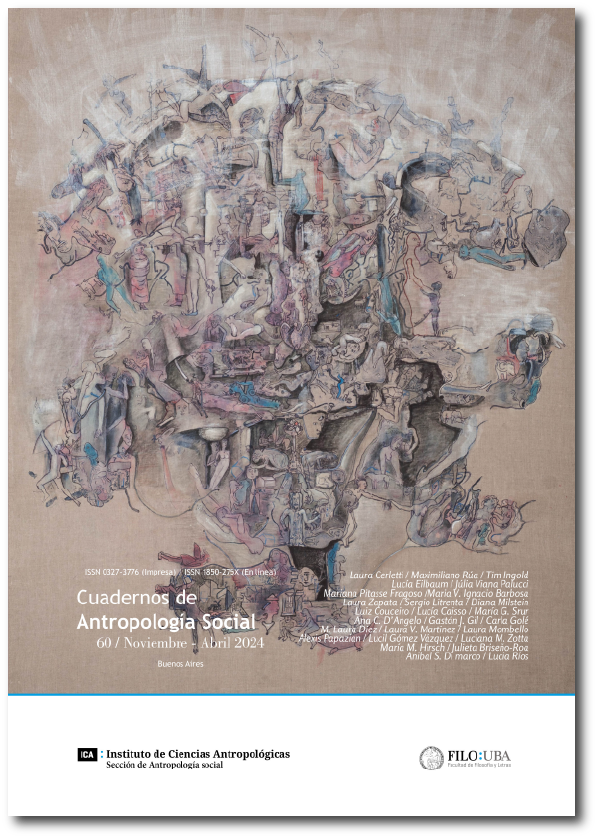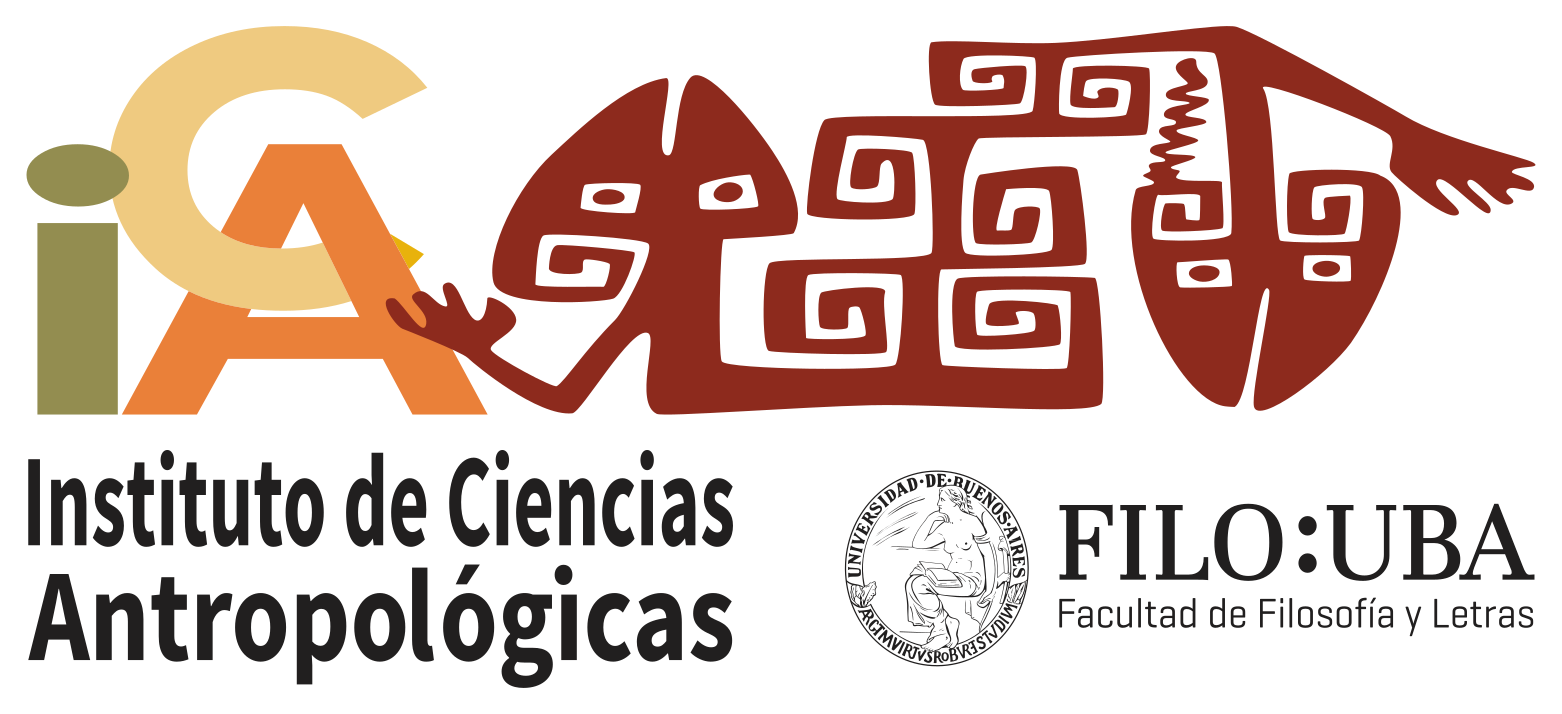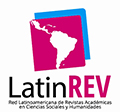Una universidad para el bien común
Resumen
La suerte de la antropología y la de la universidad siempre han estado estrechamente ligadas. La universidad de la Ilustración estaba comprometida con el progreso humano universal, al igual que la antropología que creció en su seno. Pero tanto la universidad como la antropología fueron igualmente cómplices en el proyecto de subyugación colonial. Hoy en día, con el inminente colapso del modelo de producción de conocimiento de la Ilustración, el reto consiste en reconvertir la universidad para que se alinee más con la sostenibilidad que con el progreso. ¿Qué papel puede desempeñar la antropología para lograrlo? Este capítulo describe principios comunes a ambas, la antropología y la universidad del futuro. Entre ellos se incluyen: la libertad, realizada en un espíritu de compañerismo más que de excepcionalidad académica; la decolonialidad, entendida como un proceso que desacopla la educación de la modernidad y la colonialidad; la multiversalidad, como un compromiso con un mundo, no obstante, de diferencias infinitas; la investigación, como la búsqueda de la verdad a través de la curiosidad y la atención; el amateurismo, entendiendo la erudición como una labor de amor; y una disciplinariedad nómada que entrelace múltiples líneas de interés. El capítulo concluye retomando la idea de la educación como el hacer de lo común. ¿Cómo puede la universidad del futuro servir al bien común? ¿Cómo puede sanar la ruptura entre educación y democracia?Descargas
Derechos de autor 2024 Tim Ingold

Esta obra está bajo licencia internacional Creative Commons Reconocimiento 4.0.

Esta obra está bajo una Licencia Creative Commons Atribución 4.0 Internacional
Cuadernos de Antropología Social sostiene su compromiso con las políticas de Acceso Abierto a la información científica, al considerar que tanto las publicaciones científicas como las investigaciones financiadas con fondos públicos deben circular en Internet en forma libre, gratuita y sin restricciones.
Los contenidos y opiniones expresadas en los artículos publicados son de entera responsabilidad de sus autores.
Los autores/as que publiquen en esta revista aceptan las siguientes condiciones:
- Los autores/as conservan los derechos de autor y ceden a la revista el derecho de la primera publicación, bajo la licencia de atribución de Creative Commons, que permite a terceros utilizar lo publicado siempre que mencionen la autoría del trabajo y a la primera publicación en esta revista.
- Los autores/as pueden realizar otros acuerdos contractuales independientes y adicionales para la distribución no exclusiva de la versión del artículo publicado en esta revista (p. ej., incluirlo en un repositorio institucional o publicarlo en un libro) siempre que indiquen claramente que el trabajo se publicó por primera vez en esta revista.















